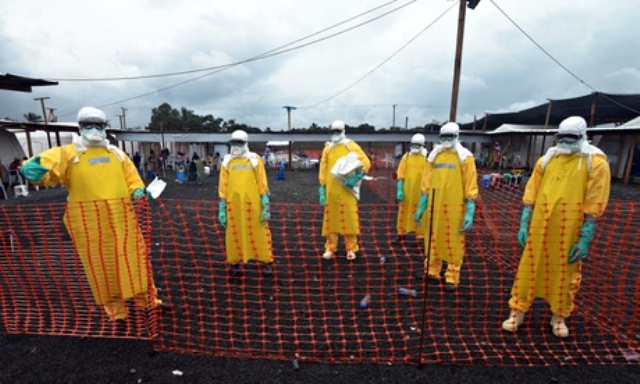
The outbreak has spread into several neighbouring West African countries and has been deemed as “the most severe epidemic of the disease to have occurred to date,” so much so that the World Health Organisation (WHO) had declared it as an international emergency.
Aside from affecting health and mortality, the disease has also affected the economy of the countries suffering from the endemic.
“Guinea, Sierra Leone and Liberia are projected to lose $1.17 billion in lost GDP due to Ebola. The agricultural sector accounts for 57% of Sierra Leone's GDP and 37% of Liberia's. Disruptions during the growing season have resulted in the inflation of the price of key food crops. In Liberia, the price of a highly nutritious and standard food staple, cassava, has increased by 150%,” the UNDP said.
Further, economic growth is being affected in sectors of tourism and agriculture, and investments in the private sector have reduced. Worse yet, the UNDP reported that development programmes in the region may also be postponed or interrupted in the affected areas.
With the economy failing and a decrease in investments as mentioned above, the countries may suffer in having to address important moves such as airport screening, border containment, quarantine and protection for medical personnel.
1724760612-0/Untitled-design-(12)1724760612-0-405x300.webp)
















COMMENTS
Comments are moderated and generally will be posted if they are on-topic and not abusive.
For more information, please see our Comments FAQ